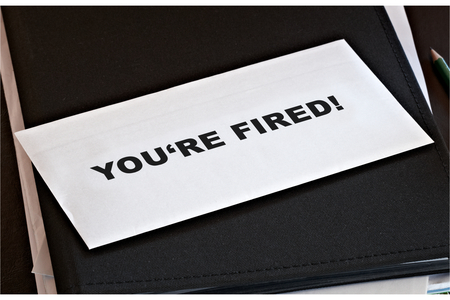Do 'Stand Your Ground' laws make society safer, or more dangerous? ABA holds hearing
At a Thursday hearing, Illinois Appellate Court Judge Michael Hyman, chair of the ABA Coalition on Racial & Ethnic Justice, laid out the questions that the ABA’s National Task Force on Stand Your Ground Laws is grappling with—and that he said the nation has to face—in the wake of the 2012 Trayvon Martin shooting in Florida and similar cases.
“Do ‘Stand Your Ground’ laws make our society safer, or more dangerous?” Hyman asked. “Do they save lives, or do they take more lives? Are they neutral, or do they disproportionately impact people of color?”
The task force held this Stand Your Ground Hearing—the second of four planned hearings around the country—at the ABA’s headquarters building in Chicago.
On the books in about 30 states, Stand Your Ground laws expand the definition of self-defense traditionally understood to encompass threats to one’s home or person, said Leigh-Ann A. Buchanan, co-chair of the task force. Cook County Circuit Court Clerk Dorothy Brown objected to the fact that these laws can give an untrained person the ability to become “investigator, judge, jury and executioner all in one.”
Published studies have shown that Stand Your Ground laws have the opposite impact of what’s advertised, said Jack Cutrone, executive director of the Illinois Criminal Justice Information Authority. Burglary, robbery and aggravated assaults have not dropped in states with these laws, while the homicide rate is collectively up 8 percent. Cutrone added that the percentage of black-on-white killings found justified as self-defense has dropped significantly in states with Stand Your Ground laws, while white-on-black killings are now much more likely to be found justifiable.
The Rev. Dr. Janette C. Wilson, senior adviser to Rev. Jesse L. Jackson Sr., called for Congress to uniformly define terms like “reasonable fear” or the “justifiable use of force” across states. She said bar associations and other legal groups should file lawsuits state by state challenging the constitutionality of Stand Your Ground laws. “Otherwise, what is ‘reasonable’ will be determined from a racist perspective,” she said. “Had Trayvon’s case not been given public visibility, it would have been just another dead child in the state of Florida.”



